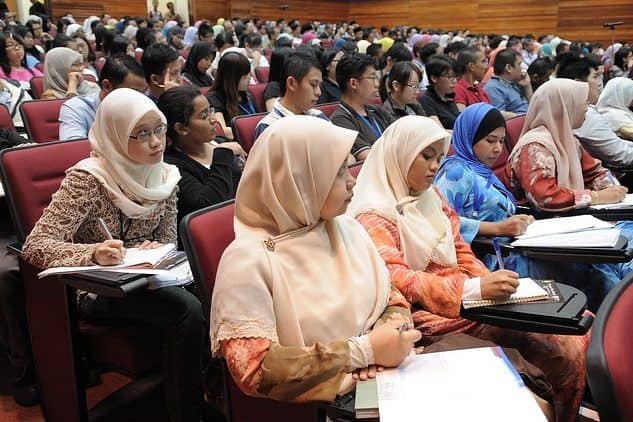With discrimination and violence against women and girls occurring in every country around the world, a key question has emerged. Experts were asked to give their answers. What are the most important actions needed to improve the lives of women and girls by 2030?
Last year, the United Nations made a commitment to achieve gender equality in the next 15 years. At the forth global Women Deliver conference in Copenhagen, that question was asked of the experts. The Women Deliver Conference, May 16-19, is one of the biggest women’s events to be held in the last decade and will draw attention to women’s health, rights, and well-being. Several prominent women leaders, answers that question.
PHUMZILE MLAMBO-NGCUKA, EXECUTIVE DIRECTOR OF UN WOMEN – “Addressing the issue of prejudice against women that is present in all societies is important for all of us no matter what country we come from. We have under-invested in ending these deep prejudices … and need to look again at traditional laws that discriminate against women. At a macro level we need to make a change so women are looked at as solution providers for the family and the economy and not as dependents.”
JULIA GILLARD, CHAIR OF THE GLOBAL PARTNERSHIP FOR EDUCATION – “The under-education of girls is one of the most pressing social issues of our time. When we educate our girls, we see reduced child deaths, healthier children and mothers, fewer child marriages and faster economic growth. And yet, 63 million girls are not in school. This is unacceptable. We need to move beyond well-meaning but scattered advocacy and toward helping countries to build strong education systems that deliver quality education to all students.”
MARGARET CHAN, DIRECTOR-GENERAL OF THE WORLD HEALTH ORGANISATION – “I want to see women – all women – move to the pole position in the race for sustainable development. For that to happen, the world has to not just stop leaving women and girls behind. It means putting them out in front. Ensuring they are where discrimination and violence can no longer hold them back. Where they can get the education and employment opportunities they deserve.”
Other women experts who spoke up were Babatunde Osotimehin, Director of the UN Poulation Fund, Helle Thorning-Schmidt, CEO of Save the Children, International, and Helen Clark, Administrator of the UN Development Programme. Mabel Van Oranje, Chair of Girls Not Brides, the global partnership to end child marriage, said, “We cannot achieve gender equality if we don’t end the harmful practice of child marriage which affects 15 million girls a year.”
To read the entire article and the commentary of these experts, click the link below.
http://news.trust.org/item/20160515120310-5qqye







Freedom United is interested in hearing from our community and welcomes relevant, informed comments, advice, and insights that advance the conversation around our campaigns and advocacy. We value inclusivity and respect within our community. To be approved, your comments should be civil.